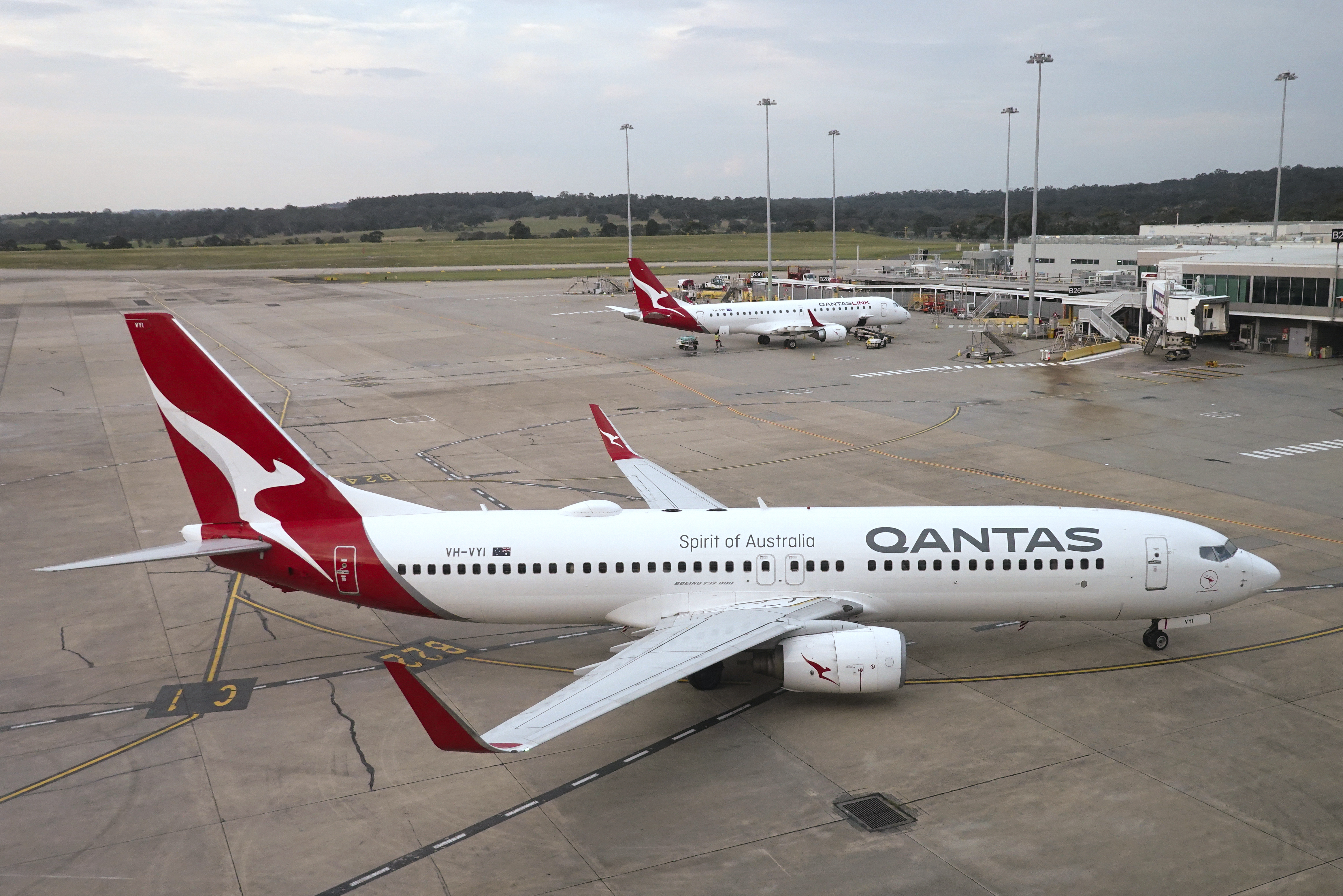
Budget airline Bonza promised the Australian public so much but, in the end, it crashed and burned like so many before it.
The airline’s collapse came as a complete surprise to passengers and staff and dashed, yet again, any hopes of increased competition in a market dominated by Qantas, its subsidiary Jetstar, and Virgin.
Regional carrier Rex comes in at a distant fourth in a highly concentrated market. The carrier operates mostly regional routes and on a much smaller scale to the two big players which control around 95 percent of the domestic aviation market.
Bonza entered voluntary administration on April 30 with the Australian government refusing to bailout the carrier owned by US-based private investment company 777 Partners.
In the end, Bonza went the way of other budget carriers such as OzJet, Air Australia, Tigerair Australia and Compass.
Tim Collins, the director of aviation consultancy Upstream Aviation, said the sector had always been a numbers game, making it difficult for emerging carriers
Justin Wastnage, an adjunct industry expert at Griffith University’s Institute for Tourism, said he was not surprised Bonza failed.
“The Australian market is very, very difficult,” he told China Daily.
“It lacks the population of Europe, North America, and China, and does not have secondary airports.”
ALSO READ: Aussie airline Qantas to pay $79m for selling tickets on canceled flights
He said Bonza tried to offer an alternative for Australian travelers by flying to domestic destinations. But Australia just does not have the destinations or infrastructure that Europe and North America offers for instance.
“Flying to northern Australia in the summer is fine but what about the winter. Australians prefer destinations within the region such as Fiji, Vietnam, and Bali. The Australian dollar lasts a lot longer in these destinations than if you were holidaying in Australia.”
Wastnage said another factor is the lack of secondary airports.
“Australia has about 24 cities where the population exceeds 100,000 compared with 250 (cities) in North America and 400 in Europe.
“This is what you need to sustain narrow-bodied aircraft, such as the Airbus A320 or Boeing 737, used by budget carriers,” he said.
“Australia simply does not have the population or secondary airports,” he added.
“Australia is a developed economy, but it lacks the infrastructure and investment in the tourism sector to make it worthwhile for foreign airlines to break into.”
Tim Harcourt, who is the industry professor and chief economist with the Institute for Public Policy and Governance at the University of Technology Sydney, agreed.
“Australia is a small market and is a long, long way from anywhere. When you look at it realistically, there are just a few routes such as Sydney-Melbourne-Brisbane where the bulk of business is generated.
“And then you have the rest of the country where you have long distances between towns. For a new player to enter the market, it is extremely difficult, and the duopoly (of Qantas and Virgin) doesn’t help,” Harcourt said.
“It is an extremely hard market to crack.”
He said Rex has managed to keep its “head above water” despite the challenges.
“It has done all right. It keeps its head down and keeps out of the limelight. Which is probably a good policy.”
ALSO READ: Cathay Pacific eyes full recovery by early 2025
Tim Collins, the director of aviation consultancy Upstream Aviation, said the sector had always been a numbers game, making it difficult for emerging carriers.
"At the end of the day, airlines are a business and it comes down to dollars and cents," he told SBS News on April 30.
"There is always a risk the major airlines will drop prices and squeeze out any new airlines on fares."
The Sunshine Coast-based company, Bonza, was unveiled in October 2021 with its first flight in January 2023. Originally the airline flew to 17 destinations but started to hit trouble within the first six months of operation, forcing it to cut services.
Bonza leased its entire fleet of Boeing 737-8 aircraft, and those agreements were terminated on April 29.
Federal Transport Minister Catherine King said the government was committed to “growing competition, reliability and affordability” in the aviation industry.
Aviation expert and consultant Bruce Dale said Australia has the potential for new airlines to be commercially successful, but there are challenges for carriers hoping to take off.
"Bonza was offering a genuine point of difference with flights between regional centers not found elsewhere, so hats off to them for trying something new," he told SBS News.
"Where they got in trouble was poor execution, not having enough aircraft certified, and losing consumer confidence."
Transport Minister King said, "We are a small market, and it is always very difficult for new entrants. We've seen that through the process of aviation history here in Australia.”


